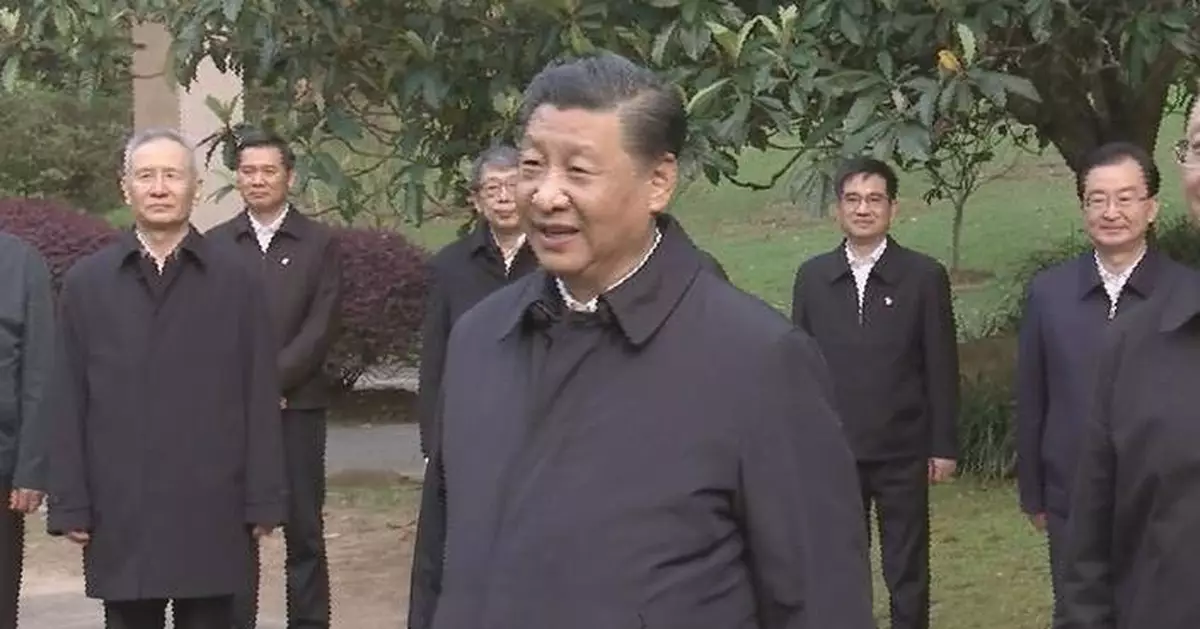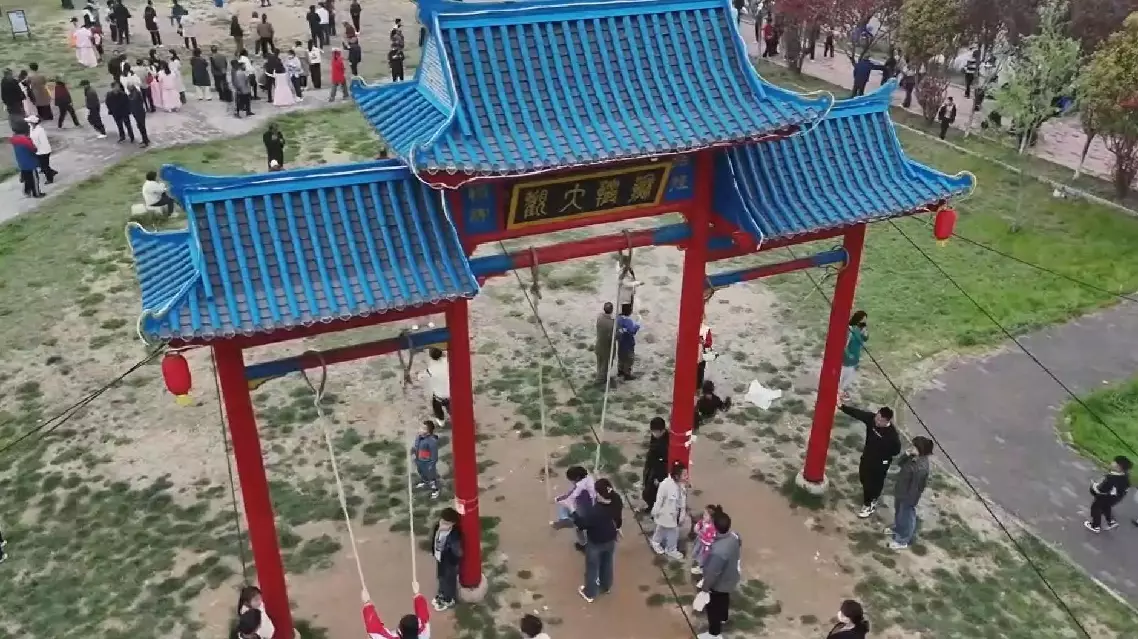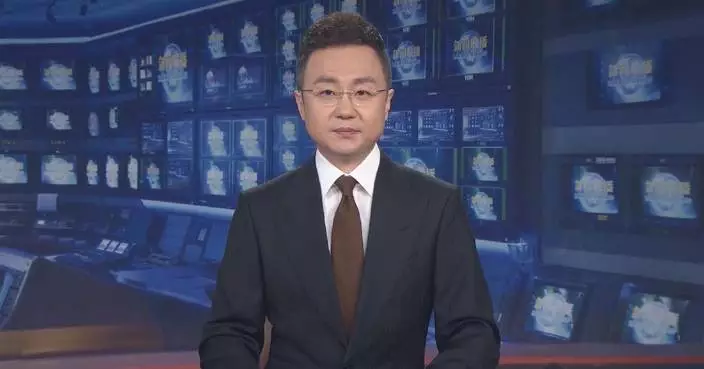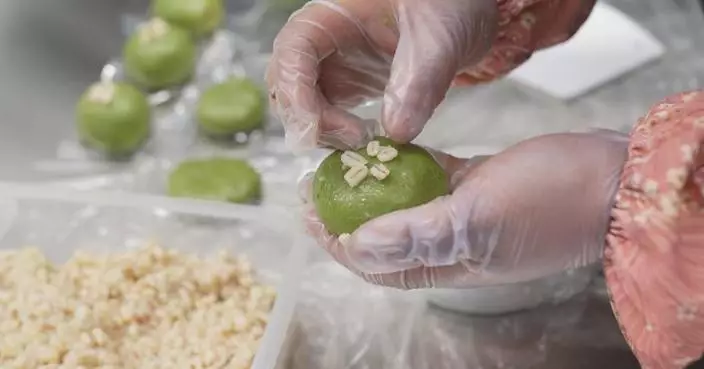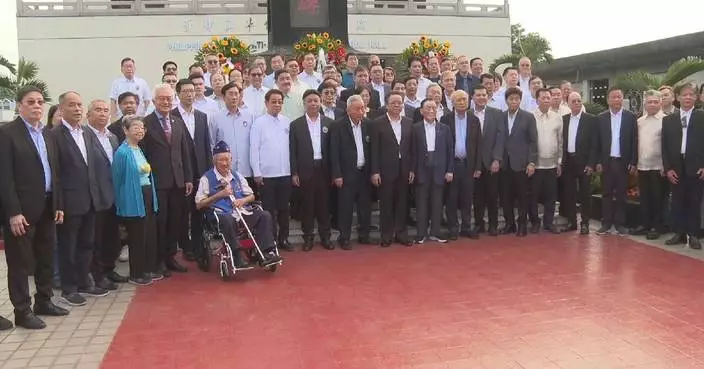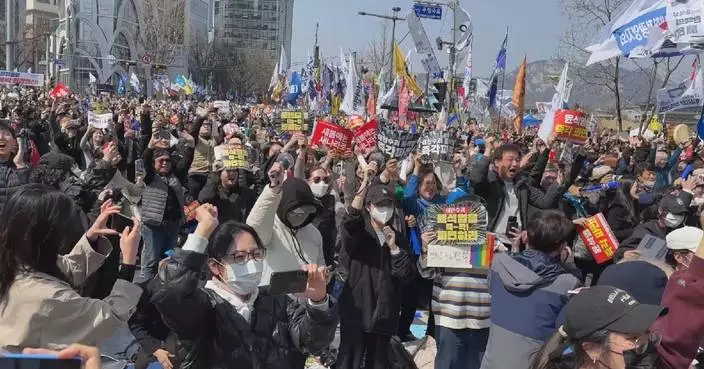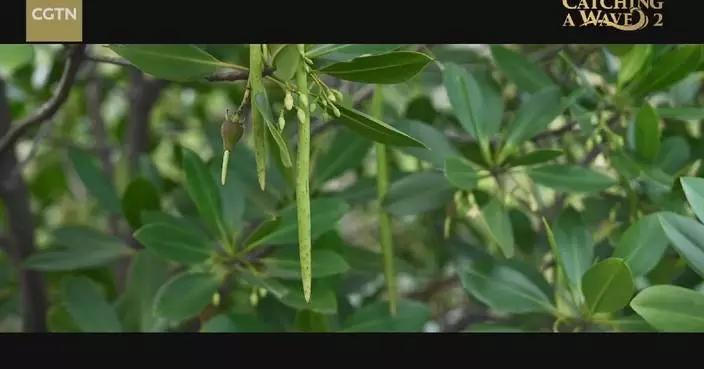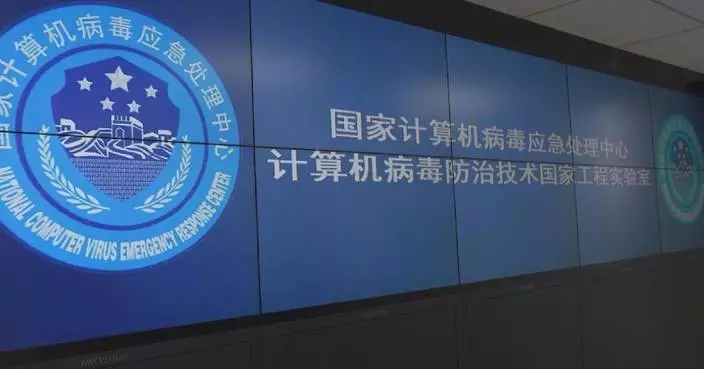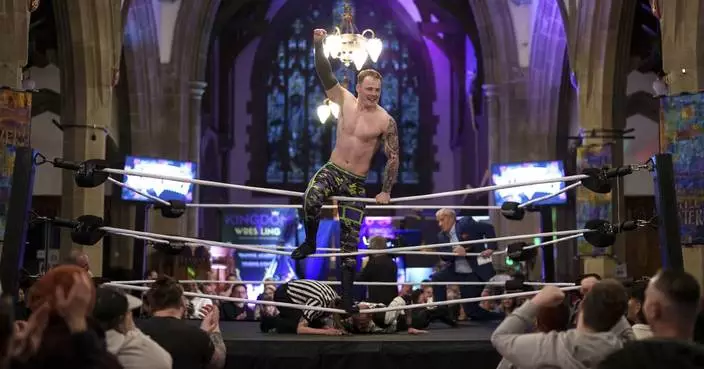China has been carrying out reform of the cultural system and made historic achievements under the leadership of Chinese President Xi Jinping, who bears a strong cultural self-consciousness and responsibility in fulfilling Chinese cultural rejuvenation and building modern Chinese civilization.
Since the 18th National Congress of the Communist Party of China in 2012, Xi has placed the work of public communication and culture in a prominent position, giving instructions and guidance in art, journalism, philosophy and social sciences, and culture, among others.
Xi introduced the concept of confidence in culture. He incorporated the core socialist values into the basic policy underpinning the endeavor to uphold and develop socialism with Chinese characteristics in the new era.
He also set clear tasks for public communication and culture: to uphold socialism with Chinese characteristics, rally public support, cultivate generations of young people with sound values and ethics, develop Chinese culture, and better present China to the world.
Eleven years ago, during his visit to Qufu, the birthplace of Confucius, in east China's Shandong Province, Xi looked closely at two reference books about Confucian thoughts.
In Yuelu Academy in Changsha, central Chinese province of Hunan, in 2020, Xi stared at a tablet inscribed with "seeking truth from facts" and stressed the importance of "making sure truth is grounded in the local context."
Two years later, in Sansu Temple, the former residence of Su Xun and his two sons Su Shi and Su Zhe, three literary masters of the Northern Song Dynasty (960-1127), Xi emphasized the significance of drawing ideas and thinking on governance from the fine traditional Chinese culture.
In 2021, during a visit to a park dedicated to Zhu Xi, a Neo-Confucian master of the Song Dynasty, Xi put forward to boost the vitality of fine traditional Chinese culture with the spirit of the time.
"We should respect and carry forward the 5,000-year-long Chinese civilization, and integrate its essence with Marxist stance, viewpoint and methodology that we are now following. This is the socialism with Chinese characteristics," Xi said at the park.
In June 2023, Xi summarized five prominent features regarding Chinese civilization - consistency, originality, uniformity, inclusivity, and peaceful nature - at a symposium on cultural inheritance and development.
He pointed out that "it is natural to integrate the basic tenets of Marxism with China's specific realities and fine traditional culture if we are to create and develop socialism with Chinese characteristics on the basis of the profound Chinese civilization of more than 5,000 years."
In October of the same year, a national meeting on the work of public communication and culture was held in Beijing. For the first time, Xi Jinping Thought on Culture was put forward at the meeting, which opened a new chapter and ushered in a new phase for leading the new journey of cultural reform and development work.
Chinese modernization is the modernization of material and cultural-ethical advancement, Xi said in his article published on Qiushi Journal, a flagship magazine of the CPC Central Committee.
Xi had made speeches at a series of important meetings in an effort to promote the reform of the cultural administrative system in the new era and guide it along the right path.
With the deepening of the cultural reform, China's cultural sector has experienced unprecedented boom with healthy development of cultural industries, improving intangible cultural heritage protection and inheritance system, perfecting public cultural service system and a growing sense of fulfillment, and happiness of Chinese people.
Xi believes that without profound cultural confidence and a thriving culture, the great rejuvenation of the Chinese nation is unattainable.
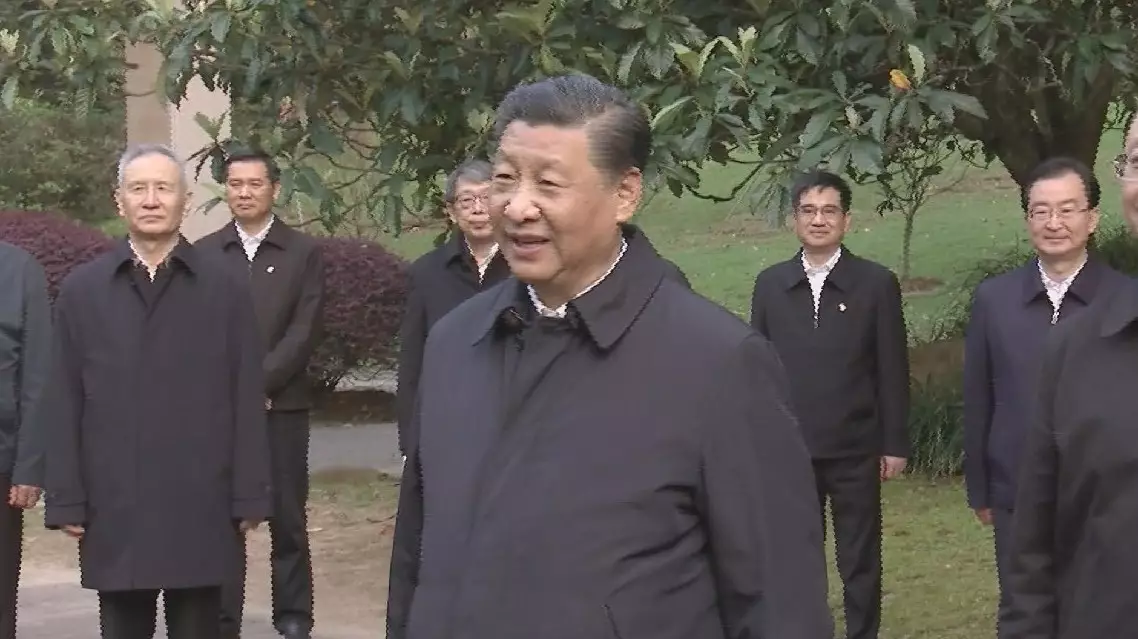
Xi's thought on culture guides modern Chinese civilization


